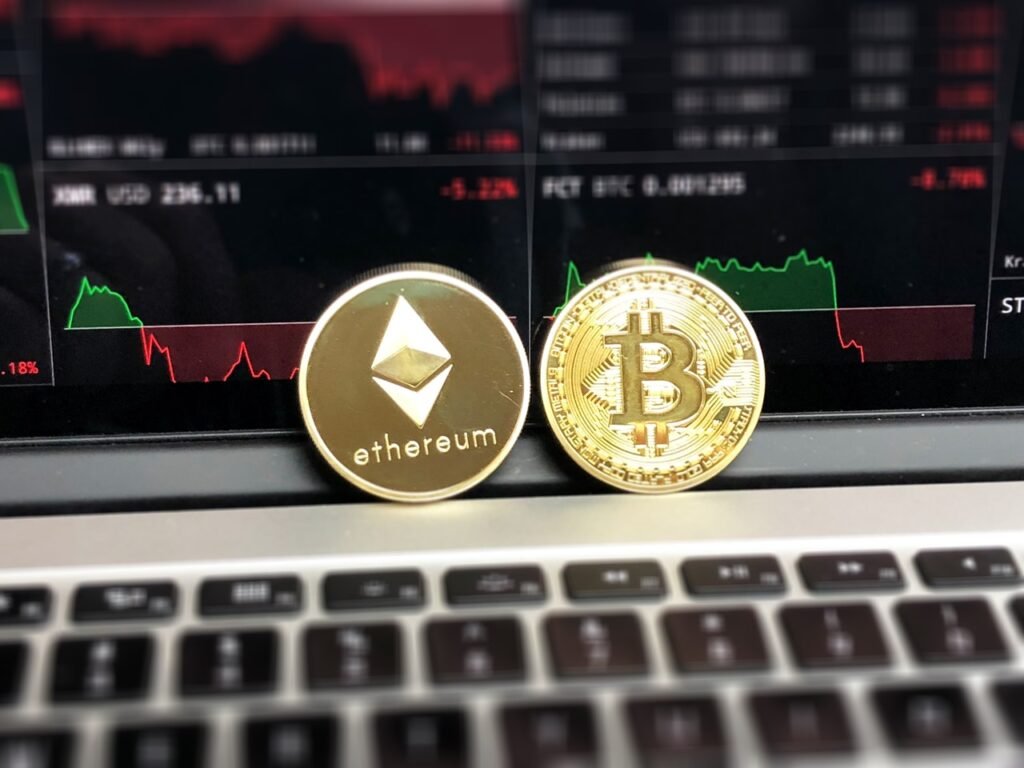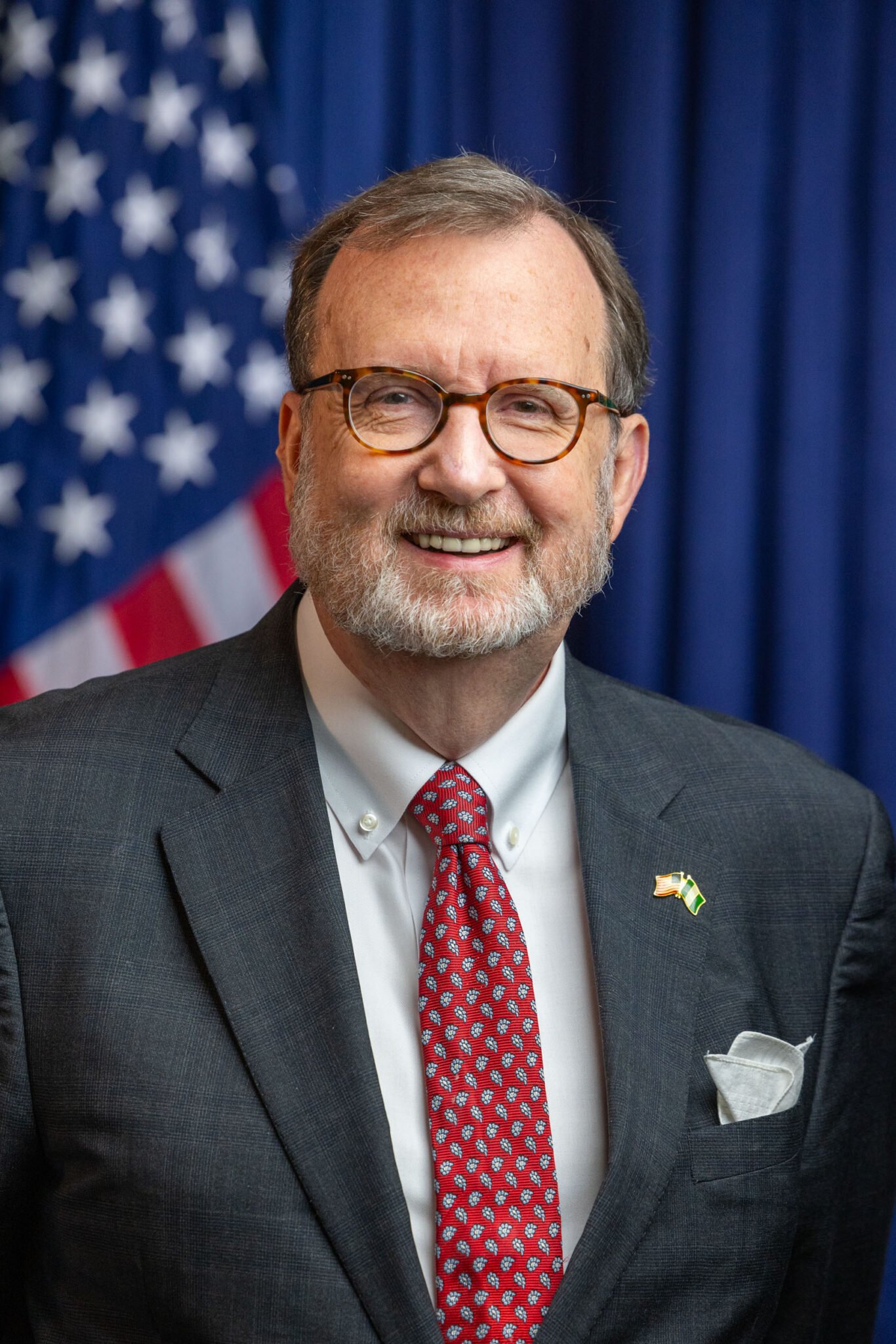Meta Platforms and TikTok secured a major legal victory on Wednesday against the European Commission over how supervisory fees were calculated under the Digital Services Act (DSA).
The Luxembourg-based General Court ruled that regulators must reformulate the methodology used to determine the levy within 12 months.
The supervisory fee, set at 0.05% of companies’ annual worldwide net income, was designed to cover the EU’s cost of monitoring compliance with the DSA.
Also Read:
However, both Meta and ByteDance-owned TikTok argued that the calculation was flawed and disproportionately burdened profitable firms, while exempting loss-making rivals with large user bases.
Court Orders Methodology Overhaul, No Refunds for 2023
Judges determined that the methodology should have been introduced through a delegated act, not an implementing decision, under EU law. While the court acknowledged the flaw, it ruled that the 2023 fees already paid by the companies would not be reimbursed.
This gives EU regulators until next year to adopt a new legal framework for the calculation, while continuing to enforce compliance with the DSA. The ruling applies to the cases T-55/24 (Meta Platforms Ireland v Commission) and T-58/24 (TikTok Technology v Commission).
The European Commission maintained that the principle of the supervisory fee remains intact despite the court setback. “The Court’s ruling requires a purely formal correction on the procedure. We now have 12 months to adopt a delegated act to formalise the fee calculation and adopt new implementing decisions,” a Commission spokesperson said.
Officials stressed that neither the existence nor the scale of the fee has been challenged, suggesting the dispute centers more on procedure than substance. Still, the judgment marks a regulatory setback in the EU’s broader effort to enforce accountability on Big Tech.
Meta welcomed the judgment, highlighting concerns over fairness in the current system. “Currently, companies that record a loss don’t have to pay, even if they have a large user base or represent a greater regulatory burden, leaving others to pay a larger and disproportionate amount,” a Meta spokesperson said.
TikTok also praised the outcome, stating, “We’ll closely follow the development of the delegated act.” Both firms framed the ruling as a step toward correcting what they see as an imbalanced fee structure under the DSA.
The DSA, in force since November 2022, compels very large online platforms to combat illegal and harmful content or face fines of up to 6% of annual global turnover. Companies affected by the supervisory fee include Amazon, Apple, Booking.com, Google, Microsoft, Elon Musk’s X, Snapchat, and Pinterest.
The court’s decision now forces Brussels to recalibrate its approach, balancing cost recovery with fair treatment across the digital ecosystem. For regulators, the case underscores the legal and procedural complexities of holding global platforms accountable, while for tech giants, it represents an opportunity to push for more equitable enforcement under Europe’s landmark tech law.
























